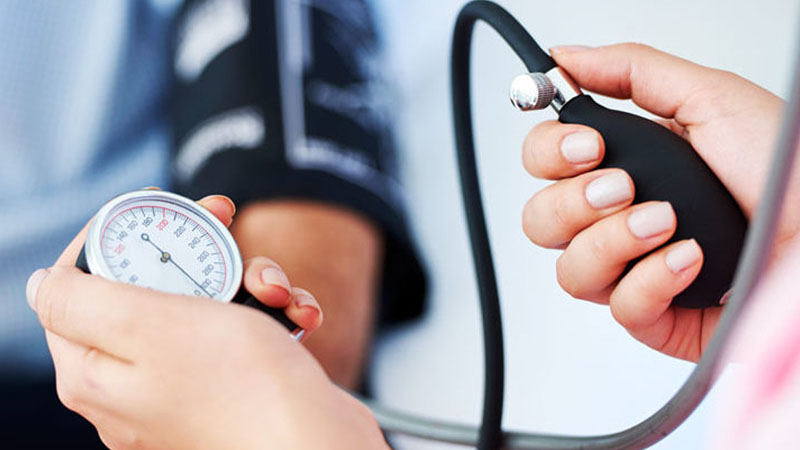High blood pressure, often dubbed the “silent killer,” typically presents no symptoms in its early stages. Yet, it’s a major contributor to serious health conditions, including heart disease, stroke, and kidney problems, making effective management crucial for long-term well-being.
High blood pressure is a common issue, affecting roughly one in four adults. Often, people only discover they have it during routine checks, as early signs usually go unnoticed.
The condition arises when the force of blood pushing against the walls of arteries and veins becomes consistently too high. Over time, this excessive pressure strains the heart and damages blood vessels.
Lifestyle changes—such as regular physical activity, cutting back on salt, and eating a diet rich in whole foods—are well-established methods for managing hypertension. However, recent research points to a surprising addition that may support these efforts: a small daily serving of fruit juice, especially orange juice.
A study published in the journal Nutrients reviewed the effects of fruit juice consumption on blood pressure. It found that drinking juice, particularly citrus varieties, was associated with a modest but measurable reduction in diastolic blood pressure—an average drop of 2.07 mmHg compared to those who received a placebo.

Additionally, researchers noted a 33% lower risk of stroke-related death among participants who consumed fruit juice regularly. They also reported a decreased risk of other cardiovascular conditions, likely linked to the juice’s effect on blood pressure.
Health Central reported that orange juice may owe its benefits to the rich blend of nutrients and antioxidants it contains. “Researchers hypothesized that the positive effects of sipping juice, including orange juice, could be credited to the nutrients and antioxidant compounds they contain,” the outlet stated.
These beneficial components include folate, vitamin C, potassium, and polyphenols—all of which play roles in supporting vascular health. Potassium, for instance, helps relax blood vessels and promotes the excretion of excess sodium, two key factors in lowering blood pressure.
The National Library of Medicine also weighed in, concluding: “Despite its classification as a source of free sugars, fruit juice appears to be associated with benefits rather than risks, especially in relation to vascular health and nutrient adequacy.”
Still, health experts caution moderation due to orange juice’s naturally high sugar content. Drinking a small glass alongside a fiber-rich meal is considered the healthiest approach, as fiber helps prevent sudden spikes in blood sugar.
Incorporating orange juice in limited amounts as part of a balanced diet may offer subtle yet meaningful support in managing blood pressure, making this familiar beverage a potentially helpful tool in combating hypertension.

